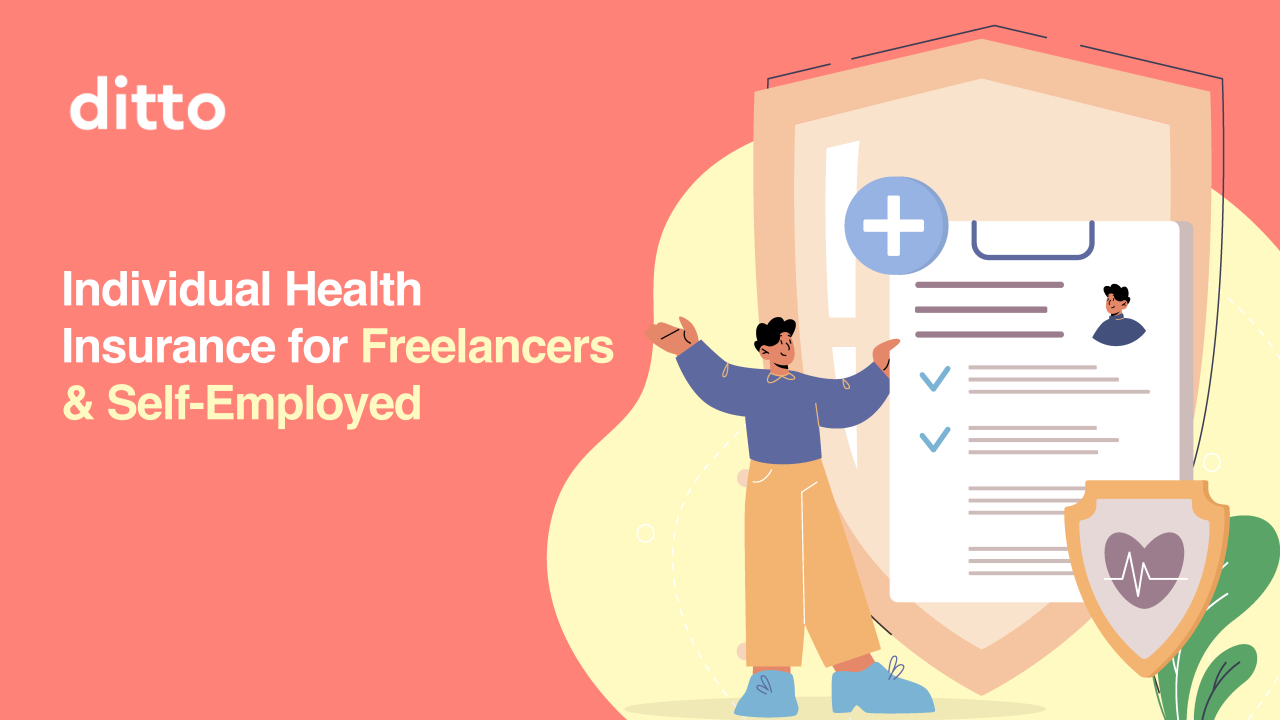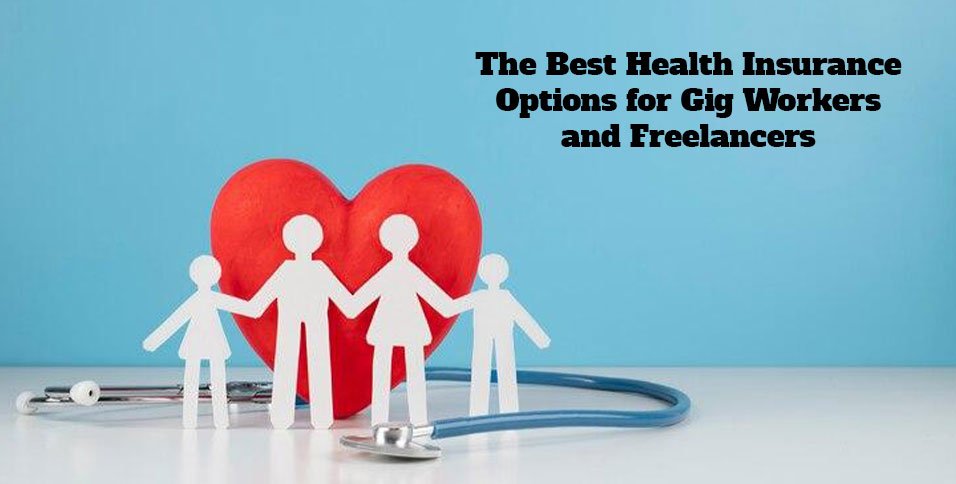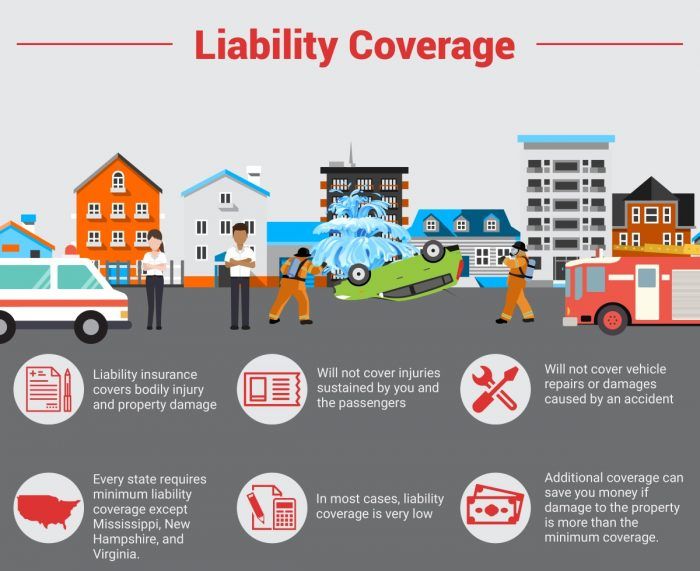Exploring Affordable Health Insurance Options for Freelancers and Gig Workers
Diving into the realm of low-cost health insurance for freelancers and gig workers, this introduction sets the stage for an informative and engaging discussion. It sheds light on the various options available in the market, aiming to help individuals in non-traditional work setups secure adequate coverage without breaking the bank.
The following paragraphs will delve deeper into the intricacies of health insurance terminology, cost-saving strategies, and the importance of being insured in the gig economy.
Research on Low-Cost Health Insurance Options

When it comes to finding affordable health insurance options for freelancers and gig workers, conducting thorough research is crucial. Here, we will explore various low-cost health insurance providers, compare coverage and costs, and discuss eligibility criteria.
Identifying Low-Cost Health Insurance Providers
- Blue Cross Blue Shield: Known for offering competitive rates for individual health insurance plans.
- Aetna: Provides a range of affordable health insurance options tailored for freelancers and gig workers.
- Cigna: Offers flexible plans with low premiums and comprehensive coverage.
Comparing Coverage, Premiums, Deductibles, and Out-of-Pocket Costs
- Blue Cross Blue Shield: Offers a variety of plans with different coverage levels, deductibles, and premiums.
- Aetna: Provides options for high-deductible plans with lower premiums or more comprehensive coverage with higher premiums.
- Cigna: Focuses on customizable plans to fit the specific needs and budget of freelancers and gig workers.
Eligibility Criteria for Freelancers and Gig Workers
- Proof of self-employment: Freelancers and gig workers may need to provide documentation showing their income sources.
- Minimum income requirements: Some low-cost health insurance options may have income thresholds that applicants must meet to qualify.
- State-specific regulations: Eligibility criteria can vary based on the state in which freelancers and gig workers reside.
Understanding Health Insurance Terminology

In the world of health insurance, it's essential to understand key terms that can greatly impact the cost and coverage of your plan. Let's break down some important terms that freelancers and gig workers should be familiar with when selecting a low-cost health insurance plan.
Premiums
Premiums are the amount you pay each month to maintain your health insurance coverage. This is a fixed cost that you must pay regardless of whether you use any medical services. Choosing a plan with lower premiums can help you save money on a monthly basis.
Deductibles
A deductible is the amount you must pay out of pocket for covered services before your insurance company starts to pay. For example, if your plan has a $1,000 deductible, you will need to pay the first $1,000 of covered medical expenses before your insurance kicks in.
Plans with higher deductibles typically have lower monthly premiums.
Copayments
Copayments are fixed amounts you pay for covered services at the time of service. For instance, you might have a $20 copayment for a doctor's visit. These amounts can vary depending on the type of service and are separate from your deductible.
Coinsurance
Coinsurance is the percentage of costs you share with your insurance company after you've met your deductible. For example, if your plan has 20% coinsurance, you would pay 20% of covered costs while your insurance would cover the remaining 80%
Understanding coinsurance is crucial to knowing your financial responsibility for medical expenses.
Out-of-Pocket Maximum
The out-of-pocket maximum is the most you'll have to pay for covered services in a plan year. Once you reach this limit, your insurance will cover 100% of covered services. This includes deductibles, copayments, and coinsurance. Plans with higher out-of-pocket maximums often have lower monthly premiums.These terms are essential for freelancers and gig workers to consider when selecting a low-cost health insurance plan.
By understanding how premiums, deductibles, copayments, coinsurance, and out-of-pocket maximums work together, you can make an informed decision that suits your budget and healthcare needs.
Strategies to Lower Health Insurance Costs
When it comes to managing health insurance costs as a freelancer or gig worker, there are several tips and strategies you can implement to ensure you are getting the best coverage at an affordable price.
Health Savings Accounts (HSAs)
Health Savings Accounts (HSAs) are a valuable tool that can help you manage healthcare expenses effectively. By contributing pre-tax dollars to your HSA, you can save money on medical expenses such as doctor visits, prescriptions, and even some over-the-counter medications.
HSAs offer a triple tax advantage, allowing you to contribute tax-free, grow your funds tax-free, and withdraw money tax-free for qualified medical expenses.
Leveraging Tax Deductions
As a freelancer or gig worker, you may be eligible for tax deductions related to your health insurance premiums. By deducting these expenses from your taxable income, you can lower your overall tax liability and potentially save money in the long run.
Importance of Health Insurance for Freelancers and Gig Workers
Health insurance is crucial for freelancers and gig workers who don't have the luxury of employer-provided coverage. It serves as a safety net, protecting individuals from high medical costs and ensuring access to necessary healthcare services.
Significance of Health Insurance Coverage
Having health insurance can mean the difference between receiving timely medical treatment or facing financial ruin. In cases of unexpected illnesses or injuries, freelancers and gig workers rely on health insurance to cover medical expenses and prevent them from falling into debt.
Real-Life Scenarios and Case Studies
- Case Study 1: Sarah, a freelance graphic designer, suffered a serious injury while working on a project. Without health insurance, she had to pay out of pocket for hospitalization and treatment, leading to significant financial strain.
- Case Study 2: Jack, a gig economy worker, was diagnosed with a chronic condition that required ongoing medical care. With health insurance, he was able to afford necessary medications and specialist visits to manage his condition effectively.
Risks of Not Having Adequate Health Insurance
Not having adequate health insurance coverage in the gig economy can have serious consequences. Without insurance, freelancers and gig workers may delay or forego necessary medical care, leading to worsened health conditions and higher long-term healthcare costs.
Final Summary

Concluding our exploration of low-cost health insurance for freelancers and gig workers, this discussion has highlighted the key aspects of securing affordable coverage in today's dynamic work landscape. It underscores the significance of being proactive about health insurance to safeguard against unforeseen risks and expenses, ultimately promoting financial stability and peace of mind.
Commonly Asked Questions
What are some common misconceptions about low-cost health insurance for freelancers and gig workers?
One common misconception is that low-cost health insurance means limited coverage, but in reality, there are affordable options with decent benefits tailored for freelancers and gig workers.
How can freelancers and gig workers determine the right amount of coverage they need?
It's essential for individuals in this category to assess their healthcare needs, including anticipated medical expenses, to select a plan that strikes a balance between cost and coverage.
Are there any subsidies or financial assistance programs available for freelancers and gig workers to help with health insurance costs?
Depending on income levels and other factors, freelancers and gig workers may be eligible for subsidies or assistance through government programs like Medicaid or the Affordable Care Act marketplace.




